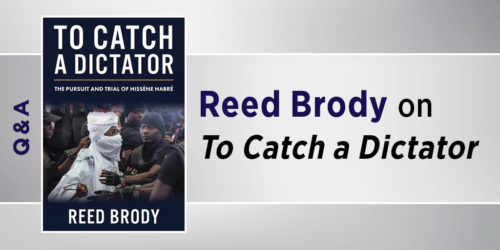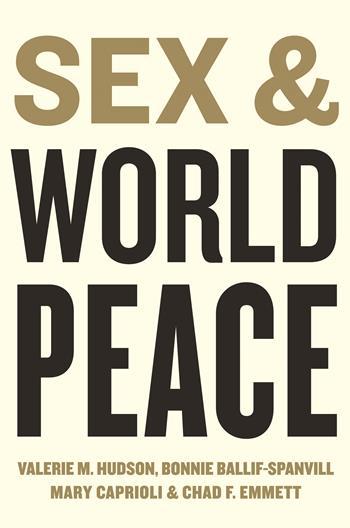Paul Pillar Challenges Conventional Wisdom on Intelligence Failures
As mentioned in previous posts, in his new book Intelligence and U.S. Foreign Policy: Iraq, 9/11, and Misguided Reform, Paul Pillar confronts the intelligence myths Americans have come to rely on to explain national tragedies, including the belief that intelligence drives major national security decisions and can be fixed to avoid future failures. Pillar believes these assumptions waste critical resources and create harmful policies, diverting attention away from smarter reform, and they keep Americans from recognizing the limits of obtainable knowledge.
In the introduction to the book Pillar highlights several misconceptions about intelligence, replacing them with realities that are contrary to broadly held beliefs:
* Despite intense attention to an infamous intelligence estimate in 2002 on Iraqi unconventional weapons, most prewar intelligence analysis on Iraq was good, especially regarding the prospective consequences of the war. The policy implication of the intelligence community’s work on Iraq was to avoid the war, not to launch it.
* Despite near-universal acceptance of the 2004 report by the National Commission on Terrorist Attacks Upon the United States (9/11 Commission) as thorough and careful, the commission misrepresented much of the intelligence community’s pre-9/11 strategic work on terrorism and never mentioned large portions of it. This misrepresentation and elision distorted a record in which the intelligence community successfully identified and described the threat from al-Qaida and imparted that threat to policymakers.
* Notwithstanding some instances (such as with terrorism) of intelligence enlightening policy, the overall influence—for good or for ill—of intelligence on major decisions and departures in U.S. foreign policy has been negligible. Most notorious intelligence failures have similarly had almost no effect on U.S. policy or U.S. interests.
* Policy has shaped intelligence more than vice versa. This relationship has entailed significant corruption of intelligence through politicization, but official inquiries have refused to recognize this influence.
* The intelligence community—contrary to its common image as a stodgy bureaucracy that must be pushed into reform—has exhibited nearly continuous internally driven change and adaptation. Almost every subject raised by would-be reformers outside the community has already been a focus of concentrated attention by the community itself.
* The most important sources of images guiding policy and thus the leading opportunities for making those images more accurate have nothing to do with intelligence and instead lie within the political strata of government.





